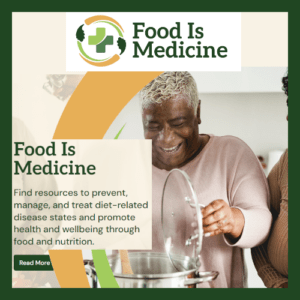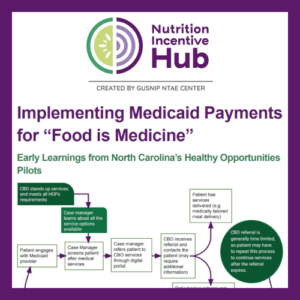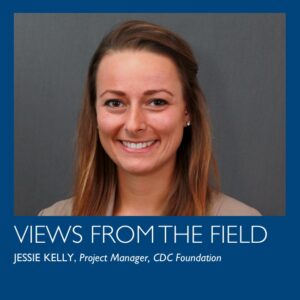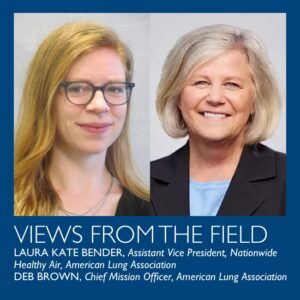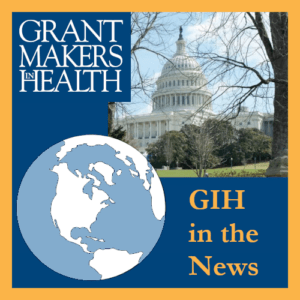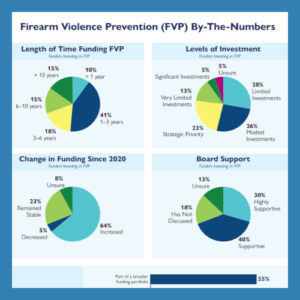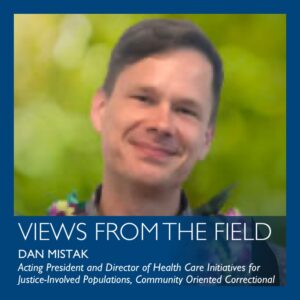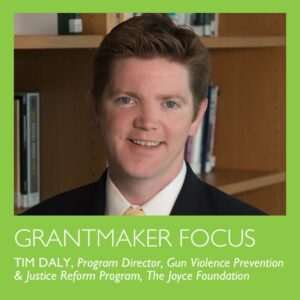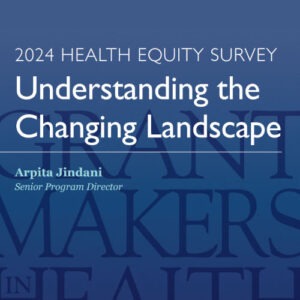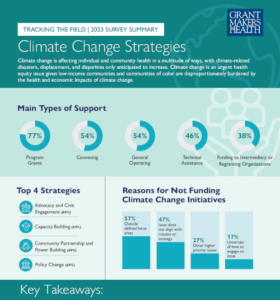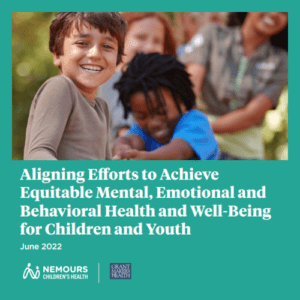Upcoming Events
Past Events
Featured Resources
New America Report Examines Subminimum Wage for Disabled Workers
Under the Fair Labor Standards Act, employers are allowed to pay disabled workers less than the federal minimum wage, which has significant impacts on these workers’ health and well-being. A report from New America examines, state by state, the policies that drive the use or elimination of the subminimum wage, as well as the programs each state provides to more comprehensively support individuals with disabilities as they seek meaningful employment and fair wages.
HHS Launches New Food is Medicine Virtual Toolkit
The Toolkit was developed in response to the National Strategy on Hunger, Nutrition, and Health and to support communities design and implement effective Food is Medicine interventions.
Case Study Examines Early Learnings in Using Medicaid Payments for Food is Medicine
A new resource commissioned by the Fair Food Network examines the early learnings from the Healthy Opportunities Pilots effort in North Carolina to use federal 1115 Medicaid Demonstration Waiver funding to scale and sustain community-based implementation of a combination of produce prescription programs, medically tailored meal programs, and nutrition education.
Explore Health Equity and Social Justice Topics
Recent Items - Climate and Environmental Health
Recent Items - Health Equity
Recent Items - Healthy Eating/Active Living
Recent Items - Housing
Marin Community Foundation: October 2024
Horizon Foundation: September 2024
Recent Items - Justice Reform
Recent Items - Social Determinants of Health
Marin Community Foundation: October 2024
Recent Items - Violence Prevention
The Joyce Foundation
Latest Resources
How Philanthropy Can Support Los Angeles Homeless Providers Facing Challenges Accessing California Housing Services
In 2022, Cedars-Sinai, HealthNet, and the California Community Foundation launched a philanthropic partnership to support a learning collaborative for 11 providers that serve the unhoused to receive capacity building, policy guidance, and other assistance to take advantage of the new CalAIM Community Supports (CS) housing services. Nonprofit Finance Fund engaged providers and provided capacity building and support to each organization to explore CalAIM and plan for their potential engagement in the Medi-Cal service model. Corporation for Supportive Housing is working on an advocacy agenda with the provider cohort as they experienced challenges and barriers during the process. The goal was for their learnings to inform current and future policy and advocacy discussions about the opportunities, challenges, and needs related to Community Supports to promote the highest quality of care for individuals and families who are at risk of becoming unhoused or who are already unhoused.
Cross-Sector Collaboration to Expand Early Access to Whole-Person, Supportive Cancer Care
For many common cancers, the rates of incidence are on the rise. In 2024, first-time new cases of cancer in the United States are expected to reach two million, or almost 5,500 cancer diagnoses a day, with Black, Indigenous, and People of Color (BIPOC) communities experiencing a higher incidence. Within the health care system, there are multiple challenges to equitable care related to gaps in health insurance, access to care and culturally relevant care models, and discrimination and bias in care and treatment.
The Commonwealth Fund: May 2024
The Commonwealth Fund recently released its 2024 State Health Disparities Report underscoring the racial and ethnic health disparities that persist across the United States. The report also outlines policy recommendations to make U.S. health care more equitable.
Exploring the Tides Foundation’s Efforts to Support Civic Engagement and Protect Reproductive Health
Funders can play a major role in promoting a healthy democracy, and increasingly, grantmakers like the Tides Foundation are investing in civic engagement. To learn more about Tides’ work in this area, along with their support of ballot initiatives on reproductive health, Grantmakers In Health’s Miranda Wesley spoke with the Tides Foundation’s Program Officer of Civic Engagement and Democracy, Beth Huang.
Addressing the Heart of Inequity: Tackling Cardiovascular Disease in Underserved Communities
Cardiovascular disease (CVD) is the leading cause of death globally and in the United States, with a disproportionate impact on underserved communities. To discuss the Bristol Myers Squibb Foundation’s focused strategy on addressing these disparities and driving equitable access to cardiology care, Grantmaker In Health’s Miranda Wesley spoke with the Bristol Myers Squibb Foundation’s Senior Program Director, Adrienne Gonzalez.
Montana Healthcare Foundation: April 2024
The Montana Healthcare Foundation released its latest issue brief, The Critical Role of Primary Care in Supporting Montanans with Behavioral Health Needs. The report outlines how the Medicaid population in Montana receives behavioral health care from primary care providers and what primary care providers need to effectively address mental health issues.
Reports and Publications
2024 Health Equity Survey: Understanding the Changing Landscape
In 2024, Grantmakers In Health (GIH) surveyed its Funding Partners to understand how their health equity work has evolved. The survey consisted of 40 questions including demographic information, program focus areas, partner engagement, organizational strategy, priority population, successes, and challenges. This report summarizes findings from the Health Equity Survey titled, “Understanding the Changing Landscape.”
2023 Survey Summary: Climate Change Strategies
This infographic summarizes the responses to a Grantmakers In Health funder survey, conducted in May and June 2023, on how philanthropy is addressing climate change, and the barriers and opportunities that exist to support climate-related efforts.
Aligning Efforts to Achieve Equitable Mental, Emotional, and Behavioral Health and Well-Being for Children and Youth
This report issues a call to action for philanthropic organizations and public-sector partners that are ready to move forward in improving mental, emotional, and behavioral health. It describes existing philanthropic and federal initiatives and offers a potential portfolio of aligned strategies for private- and public-sector partners to consider.
Strengthen your knowledge, skills, and capacity.
GIH focuses our programming around five areas that are critical to achieving better health for all.
We invite you to explore the resources available on our focus areas pages, browse content in more specific issue areas, and to connect with GIH staff to discuss how we can partner and support your work.


